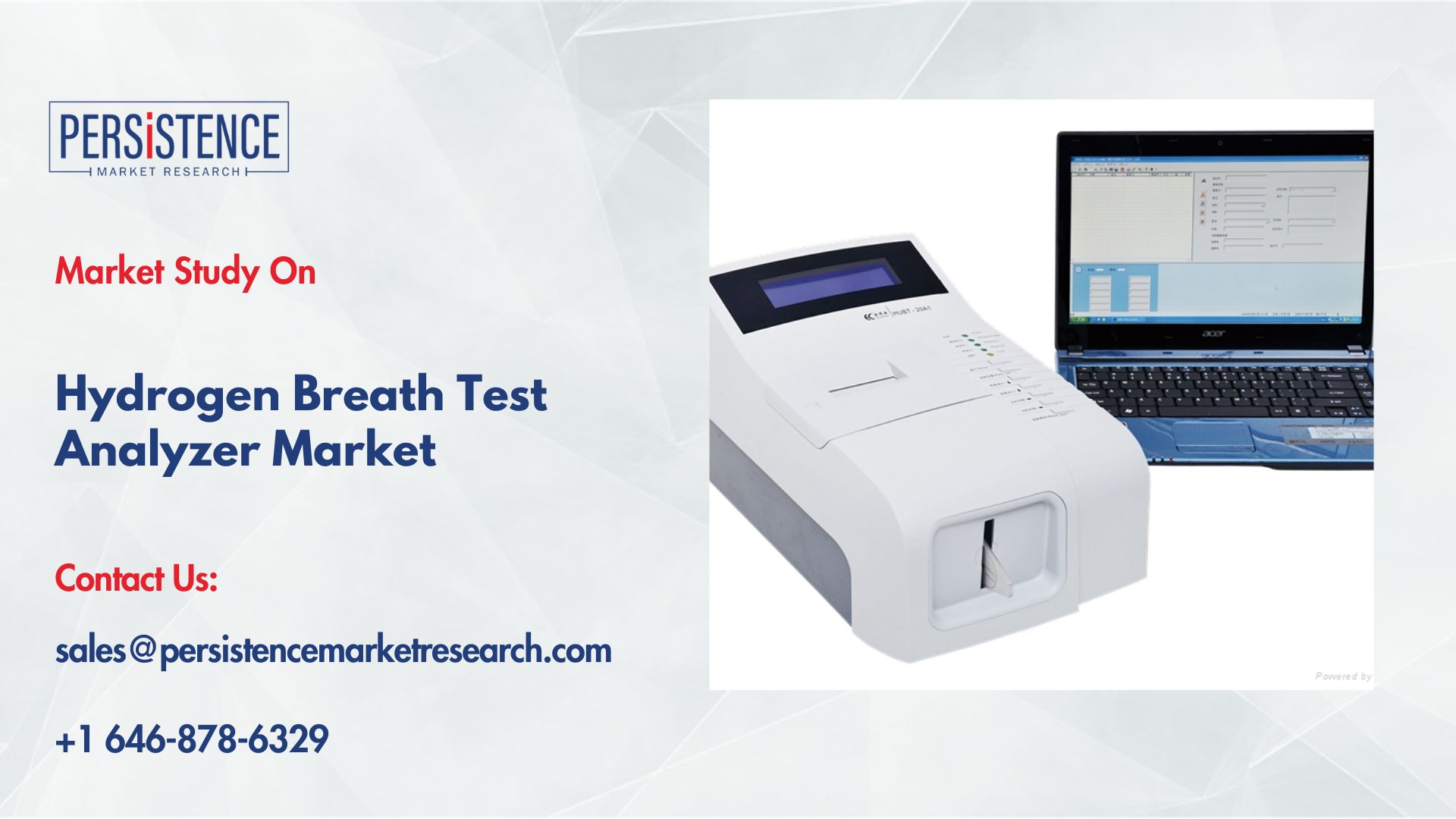 On-Page SEO Optimization – Fix Hidden Errors Killing Rankings!
On-Page SEO Optimization – Fix Hidden Errors Killing Rankings!
Asia-Pacific Dominates AI in Oncology Market by 2031
Written by aishwaryapmr » Updated on: June 17th, 2025

AI in Oncology Market Introduction & Size Analysis:
Artificial Intelligence (AI) has become a transformative force across various sectors, notably in pharmaceuticals and biotechnology. Recent advancements in AI are yielding promising results, particularly in complex areas like oncology. AI is accelerating the entire process, from drug discovery and development to enhancing the early detection of cancers. The global AI in oncology market, valued at US$1.7 billion in 2024, is projected to reach US$10.1 billion by 2031, with an anticipated compound annual growth rate (CAGR) of 16.4% from 2024 to 2031.
The integration of AI into the healthcare industry has significantly improved the precision and personalization of treatments and patient care. However, the sector faces challenges, including a growing demand for diagnostic services that exceeds the supply of qualified experts.
The intersection of artificial intelligence (AI) and oncology is reshaping cancer care, promising to enhance diagnostics, treatment precision, and patient outcomes. The Asia-Pacific region is emerging as a dominant force in the AI in oncology market, driven by rapid technological advancements, substantial investments, and a growing focus on improving healthcare delivery. By 2031, Asia-Pacific is projected to lead this transformative market. This blog explores the factors contributing to this dominance, examines current market dynamics, and outlines future trends shaping the AI in oncology landscape in the region.
Key Drivers of Growth
• Technological Advancements: Asia-Pacific countries are making significant strides in AI and machine learning technologies, which are pivotal in oncology applications. Innovations in AI algorithms, data analytics, and imaging technologies have enhanced the accuracy of cancer detection, treatment planning, and outcome prediction. The region's focus on cutting-edge research and development supports these advancements.
• Investment in Healthcare Infrastructure: The Asia-Pacific region is experiencing rapid growth in healthcare infrastructure, including the adoption of digital health technologies. Governments and private investors are pouring resources into developing advanced healthcare facilities and integrating AI solutions. This investment accelerates the adoption of AI in oncology and facilitates the growth of this market.
• Large Patient Population: The vast and diverse patient population in Asia-Pacific provides a substantial data pool for AI algorithms to learn from and improve. This large dataset enhances the effectiveness of AI models in identifying cancer patterns, predicting outcomes, and personalizing treatment plans. The ability to leverage extensive patient data contributes to the region’s leadership in the AI in oncology market.
• Regulatory Support and Initiatives: Governments in Asia-Pacific countries are increasingly recognizing the potential of AI in healthcare and oncology. Regulatory frameworks are evolving to support the development and deployment of AI technologies. Initiatives to streamline approvals and integrate AI solutions into clinical practice are driving market growth.
• Growing Focus on Personalized Medicine: There is a rising emphasis on personalized medicine in oncology, which aligns with the capabilities of AI. AI-powered tools enable the customization of treatment plans based on individual patient profiles and genetic information. The demand for personalized cancer care drives the adoption of AI technologies in the region.
Market Dynamics
• Adoption in Diagnostics: AI is revolutionizing cancer diagnostics in Asia-Pacific, with applications ranging from image analysis to genomic data interpretation. AI-powered imaging systems can detect early signs of cancer with high accuracy, while genomic analysis tools aid in identifying mutations and developing targeted therapies. The integration of AI into diagnostic workflows enhances early detection and improves treatment outcomes.
• Growth in Research and Development: The region is witnessing a surge in AI research and development, with numerous institutions and startups focusing on oncology. Collaborative efforts between research centers, technology companies, and healthcare providers are driving innovation and the development of new AI applications. This R&D focus contributes to the growth and evolution of the AI in oncology market.
• Rise of AI Startups: Asia-Pacific is home to a growing number of AI startups specializing in oncology. These startups are developing innovative solutions for cancer detection, treatment planning, and patient management. The entrepreneurial spirit and supportive ecosystem for startups in the region are fostering the growth of AI technologies in oncology.
• Healthcare Disparities and Access: While AI offers significant potential, addressing healthcare disparities and ensuring equitable access to AI-driven oncology solutions remain challenges. Efforts to bridge the gap in healthcare access and ensure that AI technologies reach underserved populations are crucial for the sustainable growth of the market.
Future Trends
• Integration of AI with Precision Medicine: The integration of AI with precision medicine will become more pronounced in the coming years. AI tools will increasingly support the development of personalized treatment plans based on individual patient data, including genetic, clinical, and lifestyle information. This trend will drive further advancements in AI in oncology.
• Enhanced Predictive Analytics: Future AI solutions in oncology will leverage advanced predictive analytics to forecast disease progression and treatment responses. AI algorithms will become more sophisticated in analyzing complex datasets, leading to more accurate predictions and tailored treatment strategies.
• Expansion of AI Applications: AI applications in oncology are expected to expand beyond diagnostics and treatment planning. Future developments may include AI-driven drug discovery, clinical trial optimization, and real-time patient monitoring. The continuous evolution of AI technologies will drive innovation across various aspects of oncology care.
• Ethical and Regulatory Considerations: As AI technologies advance, ethical and regulatory considerations will become increasingly important. Ensuring data privacy, addressing biases in AI algorithms, and establishing clear guidelines for the use of AI in clinical practice will be critical. The Asia-Pacific region will need to navigate these challenges while fostering innovation.
Conclusion
Asia-Pacific's dominance in the AI in oncology market by 2031 reflects the region’s commitment to advancing cancer care through technological innovation and strategic investments. The combination of technological advancements, substantial investment in healthcare infrastructure, a large patient population, and supportive regulatory frameworks positions Asia-Pacific as a leader in this transformative field. As the AI in oncology market continues to evolve, the region's focus on personalized medicine, predictive analytics, and ethical considerations will shape the future of cancer care, driving improved outcomes for patients across Asia-Pacific and beyond.
Follow Us: LinkedIn | Medium | Twitter
Note: IndiBlogHub features both user-submitted and editorial content. We do not verify third-party contributions. Read our Disclaimer and Privacy Policyfor details.
Copyright © 2019-2025 IndiBlogHub.com. All rights reserved. Hosted on DigitalOcean for fast, reliable performance.

















